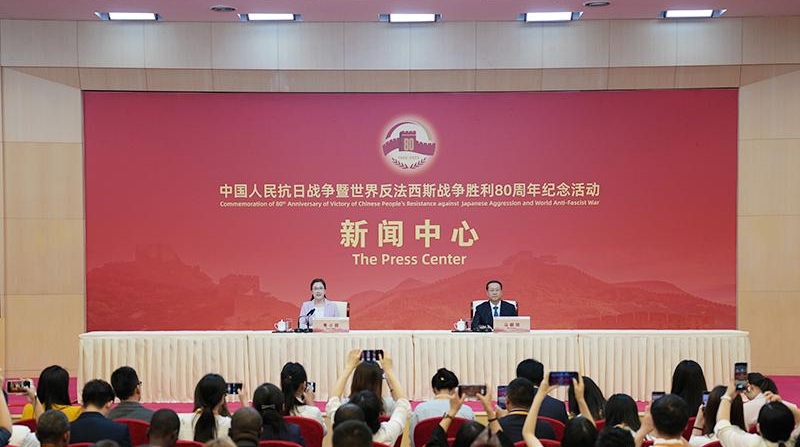Zhinews of Shenzhen Satellite TV:
This year marks the 10th anniversary of the Paris Agreement, and global climate governance has reached a new crossroads. Although the U.S. has once again withdrawn from the Paris Agreement, the international community generally believes that the trend of green and low-carbon development is irreversible, and all parties are still jointly promoting the goals of peaking carbon emissions and achieving carbon neutrality. How will China continue to maintain and lead the global climate governance process? Thank you.
Ma Zhaoxu:
China is a firm advocate and important contributor to global green development. Under the guidance of Xi Jinping Thought on Ecological Civilization, China has steadily advanced its "dual carbon" goals, established a "1+N" policy system, built the world's largest and fastest-growing renewable energy system, and created the world's largest and most complete new energy industry chain. China is also the country with the fastest growing and largest increase in "greening," contributing a quarter of the world's new green area. Now, one out of every three kilowatt-hours (kWh) of electricity in China is generated from green electricity.
China has actively engaged in international climate cooperation. Since 2016, China has provided and mobilized over 177 billion yuan in project funding to help developing countries tackle climate change. Currently, Chinese new energy companies supply 80% of the world's photovoltaic modules and 70% of wind power equipment, driving down global photovoltaic power generation costs by over 80% and wind power costs by over 60%.
Regardless of changes in the international situation, China's actions to actively tackle climate change will not slow down, its efforts to promote international cooperation will not weaken, and the practice of building a community with a shared future for humanity will not cease. We will follow the United Nations Framework Convention on Climate Change (UNFCCC) and the Paris Agreement, anchor green and low-carbon development, and jointly address the climate crisis through multilateral governance. We will deepen international cooperation, allowing high-quality green technologies and products to flow freely, so that all countries, especially developing countries, can use them, afford them and use them well. At the same time, developed countries have an obligation to help and support developing countries, making due contributions to the global green and low-carbon transition. Thank you.


 Share:
Share: 




 京公网安备 11010802027341号
京公网安备 11010802027341号